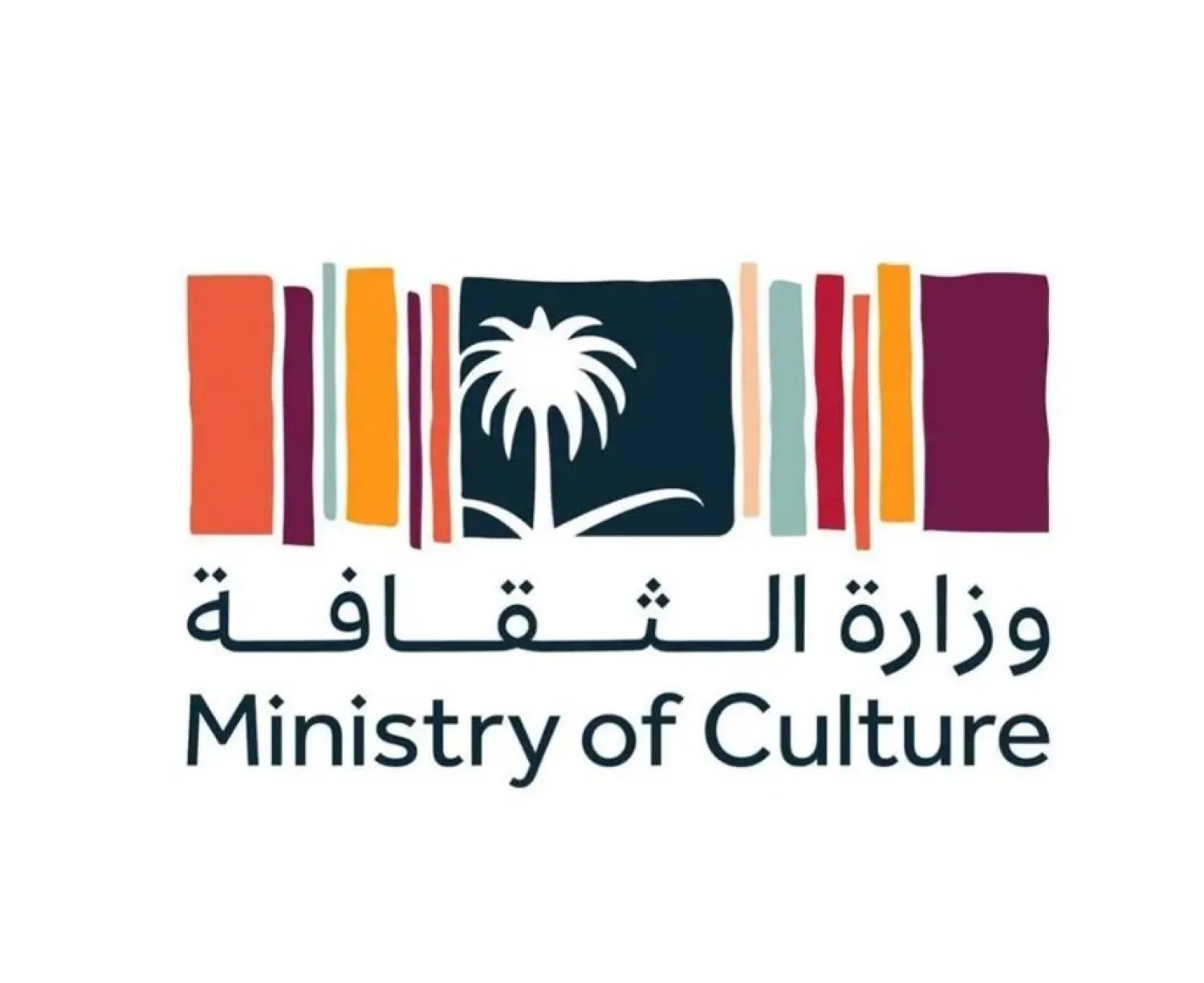The Saudi Ministry of Culture is set to host a comprehensive program of cultural events at the Abbazia building in Venice, Italy, from May 10 to November 23. This initiative is part of Saudi Arabia's participation in the 19th Venice Architecture Biennale.
Through a curated cultural program, the ministry will highlight the diversity of Saudi culture and its contemporary creative renaissance, while contributing to global discourse on key issues such as the preservation of cultural heritage and artistic innovation.
According to a statement issued by the ministry, the events will spotlight several cultural sectors, including architecture and design, heritage, visual arts, fashion, and culinary arts. The program will also feature panel discussions and workshops in traditional crafts and other fields, providing the international community with insights into the defining features of Saudi culture, its uniqueness, and its deep historical and civilizational roots.
The cultural activities will be held within the two-story Abbazia building. The ground floor will be dedicated to an exhibition titled "Rooted Transience", which forms part of the official collateral event in the 2025 Venice Architecture Biennale and showcases the winning design of the AlMusalla Prize 2025.
The statement added that the upper floor of the venue will include a fully equipped conference hall, designated for the presentation of distinguished cultural programming throughout the Biennale period. These events will underscore Saudi Arabia's artistic and cultural excellence through collaborations with leading cultural and artistic institutions in Venice and across Italy.
A cultural retail space will also be available, featuring a curated selection of artisanal products representing Saudi heritage and premium culinary offerings such as traditional Saudi coffee and dates.
The cultural events organized by the Ministry of Culture as part of the 2025 Venice Biennale represent a key aspect of its ongoing efforts to strengthen Saudi culture's presence on international platforms and introduce the global community to the diversity of the Kingdom's cultural heritage and the aesthetic and creative vitality of its artistic scene, reflecting the cultural renaissance taking place in the Kingdom.









